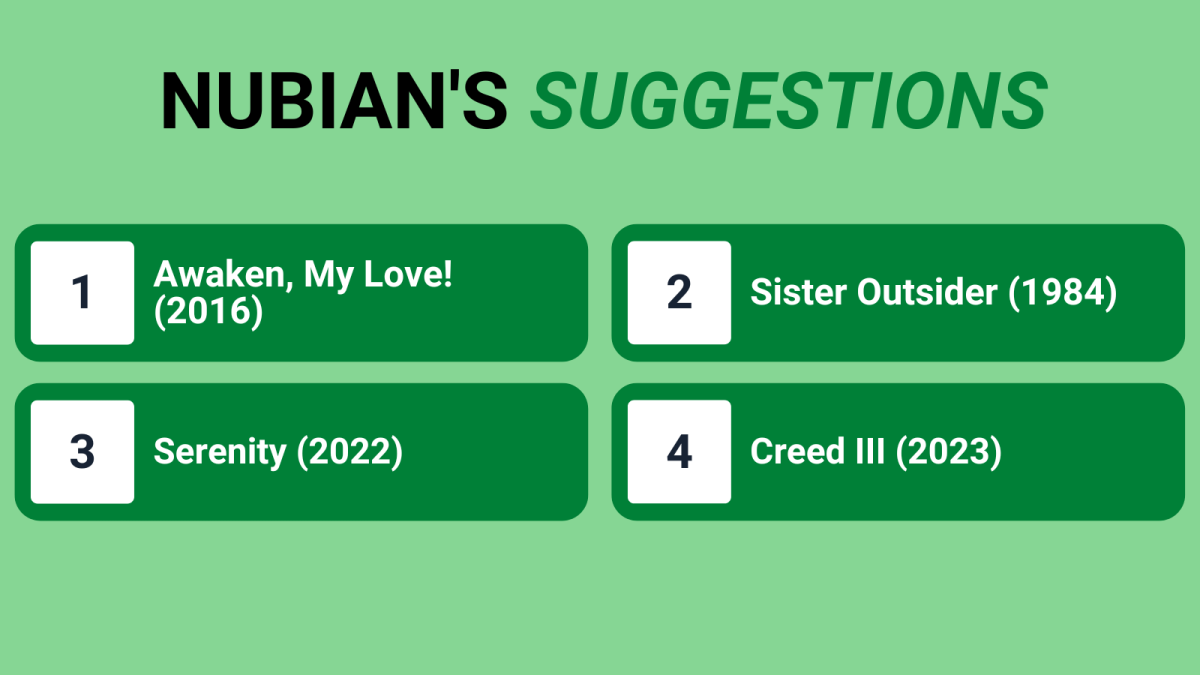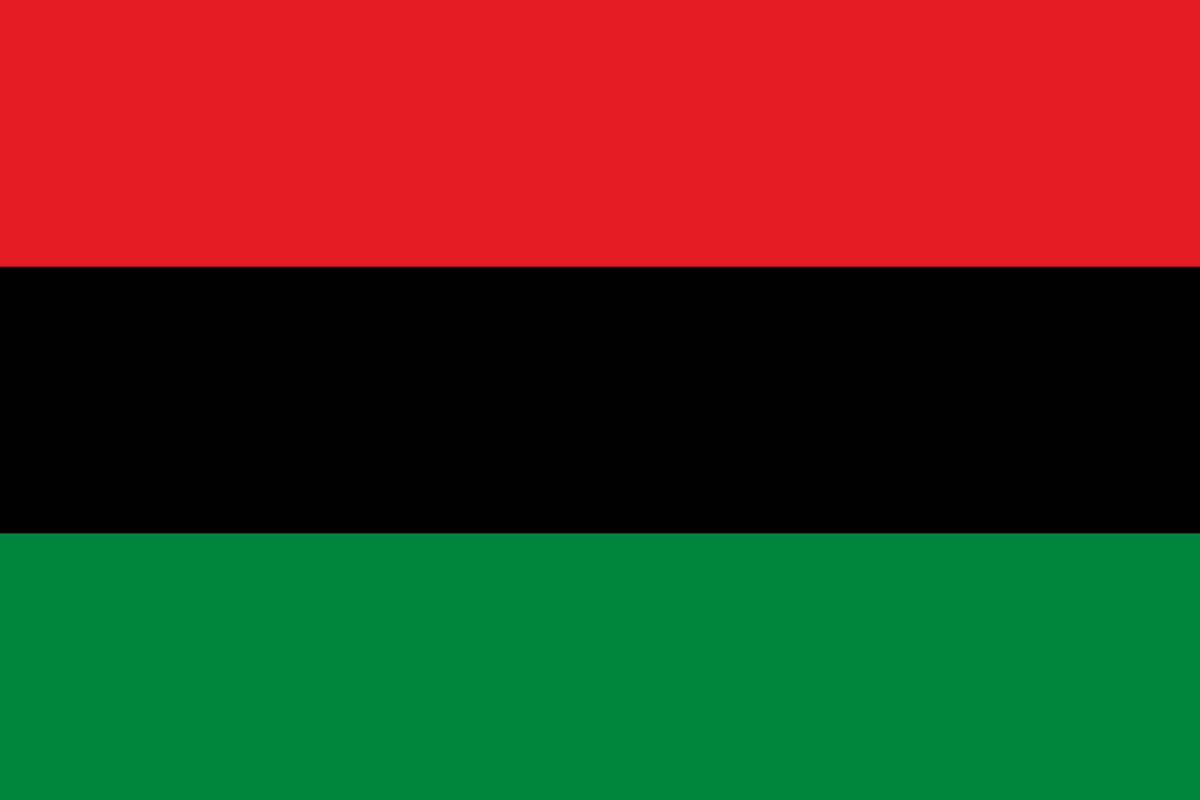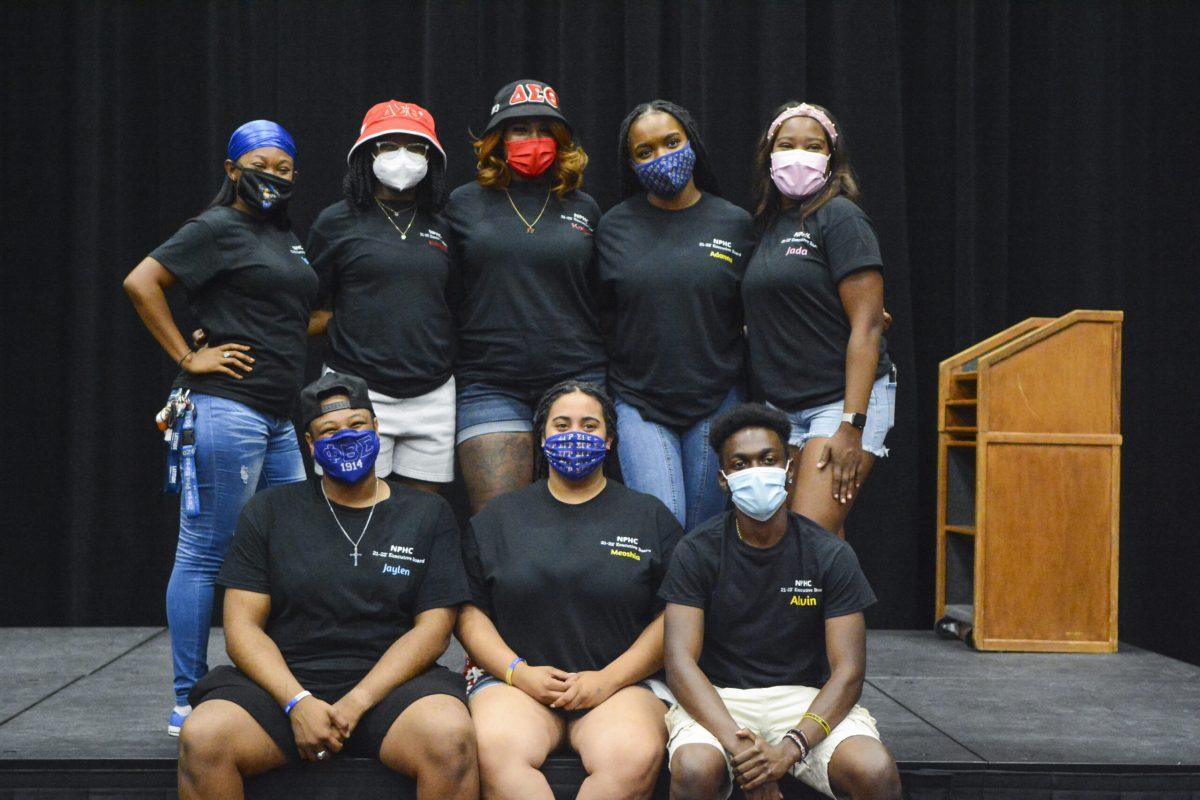Keilah Davis | Staff Writer
“This is, technically speaking, my retirement career,” Dr. Hamilton said as she turned down the volume on a Major League Baseball radio broadcast. Her team was winning.
Dr. Fredessa Hamilton, a 61-year-old undergraduate academic advisor and lecturer in the College of Humanities and Social Sciences, earned her Ph.D. in Communication, Rhetoric, and Digital Media from NC State in 2014. She’s the first black graduate of the program.
Hamilton has dreamed of teaching college since she was nine years old, however, her journey to academia was not a direct one.
“I have always dreamed of having a career in radio. I’m not a TV person; I’m a radio and music person,” Hamilton said. “I fell in love a long, long time ago listening to baseball on the radio and pretending to be a DJ.”
Hamilton, a first-generation college student, earned her B.A. in Religion with enough credits for a second B.A. in English. Duke University, Hamilton’s alma mater, did not have a communication program. She had been teaching Sunday school at her church since 8th grade, so religion seemed like a good choice.
Black students were first admitted to Duke 10 years before Hamilton began her freshman year in 1973.
“It was a unique experience to be going to school at a predominately white institution,” Hamilton said. “They were still getting used to us. The two professors I remember most vividly were so open, welcoming, and nurturing. As I would expose my experiences in my assignments, I got a lot of appreciation and reinforcement from those professors and that was a really good thing for me.”
While at Duke, Hamilton had her own radio show at Duke’s student radio station. Her show was so successful that she kept it until a year after graduation.
Hamilton’s first job was at the Corporation for Public Broadcasting, which funds NPR and Public Broadcasting Service (PBS). Her boss showed her a 1-year master’s program for minorities and women in telecommunications at Ohio University.
“Communications is broadcasting–TV and all that stuff,” Hamilton said. “Telecom is more infrastructure. It talks about fiber optics, satellites–all of the stuff that makes communications work.”
After earning her master’s degree, Hamilton worked as a program manager for government projects in Washington, D.C. She managed projects for the defense industry, ran multi-million dollar projects, and headed the team that managed the first satellite communication to the south pole.
Hamilton balanced her career with working and volunteering at public radio stations in top 40, news, special reports, engineering, and production.
Although Hamilton had fulfilled one dream, she still had a desire to teach at the university level and be called “Dr. Hamilton”.
“You cannot ever let go of the dream because it will beat you over the head sooner or later and you’ll have to pursue it,” Hamilton said.
Hamilton taught at community colleges and enrolled in the Communication, Rhetoric, and Digital Media (CRDM) Ph.D. program at NC State.
Dr. Hamilton’s dissertation focused on low-literate adults in North Carolina.
“The sad part is 35 million people in America can only read and write up to a 2nd-grade level,” Hamilton said. “That’s a lot of folks and the numbers are extremely high in North Carolina. I’ve always had this concern because my dad only went to the 5th grade and I’m a first generation college student.”
Dr. Hamilton completed her research while tutoring adult students at two community colleges: one urban and one rural. She learned a lot from sitting down every week next to people who couldn’t read and write.
“There are a lot of people who can’t send a text because they can’t write. Who couldn’t read one if you sent them one because they can’t read,” Hamilton said. “And if they can’t write and they can’t read, and every job application is now online, then they got problems…If that’s the case, then they will be trapped in very low-income work. And I’m talking about English-speaking Americans, not even the ESL population, which is a whole ‘nother deal altogether.”
Dr. Hamilton still has some research interests that she would like to reinvigorate.
“I am now pretty much committed that the phase two of my research is to try to work on applications and even software modifications to help adult students learn how to read and write, and jump into the computer age at the same time,” Hamilton said.
Dr. Hamilton credits her family as her inspiration.
“I had no real role models for college, but I did have role models for education,” Hamilton said. Her grandmothers taught her about the Bible and supported her pursuit of a college degree. Her mother went to “beauty school” and always encouraged Hamilton to pursue education and independence.
Dr. Hamilton currently teaches communication courses at NC State and is an undergraduate academic advisor.
“The media concentration is my natural academic home. It’s where I feel most comfortable,” Hamilton said.
Dr. Hamilton also teaches at Wake Technical Community College.
“I’m planning to teach for the rest of my life.”






